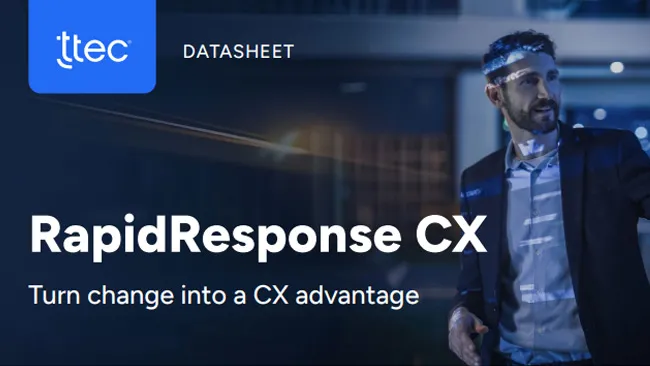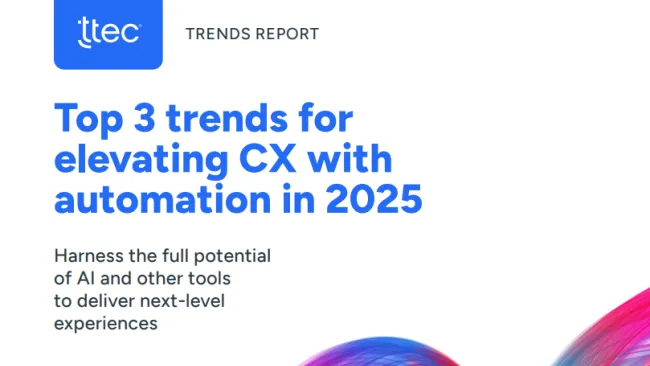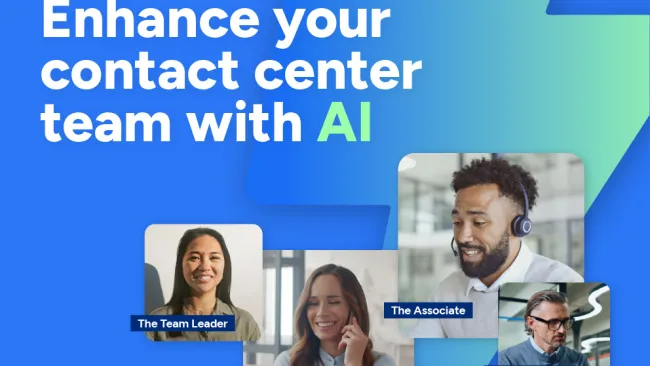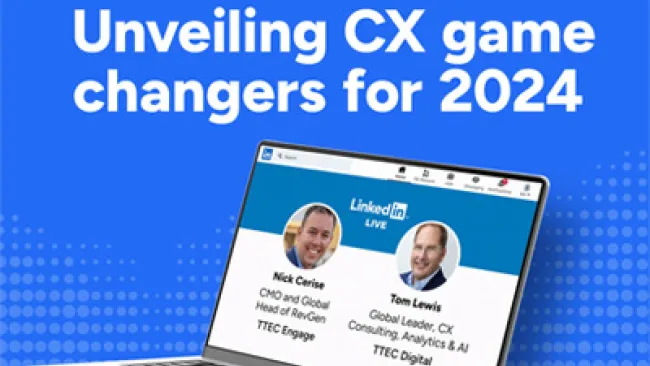This isn’t your grandfather’s insurance market. Changes in the property and casualty (P&C) insurance landscape are giving businesses new opportunities—and challenges—to meet the customer’s needs. Digital technology, a shift to direct-to-consumer products, and other factors are changing the ways P&C companies engage with existing and prospective policyholders.
Throughout this disruption, one factor remains the same: the importance of delivering the right customer experience. Four major trends affecting the P&C industry illustrate the key role outsourced licensed associates play in serving customers today and tomorrow.
1. The associate evolution
Transactional products like home insurance, personal auto, and business owners’ policies have long been the bread and butter of property and casualty sales associates. But the more transactional the insurance product, the easier it is to sell through an online exchange. And the associate’s role as gatekeeper is at risk if consumers can research and select insurance products for themselves.
Companies are adapting by bringing more value to the insurance process through service, support, and educational resources. While some aspects of buying insurance are shifting to a self-service model, human-assisted service is still needed to help the buyer—whether in the consideration process or through policy and product configuration, and definitely in the post-purchase onboarding stage.
Using outsourced licensed associates to support policyholders enables companies to scale up or down when needed, without having to deal with internal overhead costs or manage licensing regulations. It allows insurance agencies to pull out the administrative costs and issues that were previously handled in-house and pay for those services on an as-needed basis. Furthermore, businesses may have an in-house staff to manage daily activities, but need outside help to handle new projects that don't warrant a full-time team. Outsourcing allows companies to build a team of skilled professionals without adding the expense of full-time employees, and to avoid getting distracted by low-priority tasks.
2. Technology advances
Technology innovations like self-service options, telematics, and mobile apps may have upended the insurance landscape, but it also offers businesses new time-saving solutions and approaches that weren’t possible before. Cloud computing and outsourcing solutions, for instance, enable insurers to shift numerous tasks to a partner so that they can remain focused on the core aspects of their business, such as relationship building.
Outsourced teams are handling an increasing variety of tasks including lead generation and awareness building on the marketing side and after-hours policy support in customer service. Such services offer significant benefits in terms of reduced costs and time saved. Moreover, while more and more routine tasks can be assigned to self-service solutions like chatbots, humans are still needed to oversee these tools. Additionally, complex questions from policyholders and prospects will fall to human associates to answer. An outsourced team would be well positioned to act as an extension of the company and handle these needs.
3. Support for local associate
Many insurance companies provide local insurance associates who cater to the specific needs of communities. In many cases, companies use outsourced associates to augment and support these local associates for after-hours support and/or surge support during catastrophic events. For example, adding more associates to a community can be expensive during catastrophic weather events. How do you efficiently handle the scale-up required during these periods? Many are looking to outsourcing to address these peak volume periods with creative solutions including at-home work models that have greater flexibility and lower costs and are generally more efficient.
4. The wandering policyholder
As homes and vehicles get outfitted with more sensors and other hardware that cost more to repair and maintain, insurance premiums will inevitably rise. And as mentioned earlier, it is easier than ever for policyholders to compare and switch plans. Policyholders are more than ready to shop for new plans, so insurers have a slim chance to hold onto existing policyholders and attract new ones.
So not only is human-assisted service still needed, it has become a differentiator. Indeed, as transactional insurance products become commoditized, efficient and well-informed associates are one of the few remaining ways insurers can distinguish their business from competitors.
Therefore, when working with a partner to deliver great customer experiences, industry experience is not enough. It is important to select a partner that will take the time to understand your customers’ expectations and the company culture when training its staff to meet your company’s needs. Insurers that do so have the best chance of giving the wandering policyholder a reason to remain loyal.
The days when an insurance associate was the gatekeeper to a consumer’s insurance needs are gone. In fact, the associate may be the last person consumers speak with before making a purchase decision. At the same time, advances in technology and capabilities have made outsourcing licensed associates a viable solution that enables companies to thrive in this new marketplace. After all, customers still want the same thing: the knowledge that their needs are being met with as little friction as possible.
Like this post? Subscribe to our customer experience blog.
Also, check out the most recent issue of our monthly customer experience eNewsletter, Dialogue.
Property and Casualty CX Trends Lean on Expert Associates














